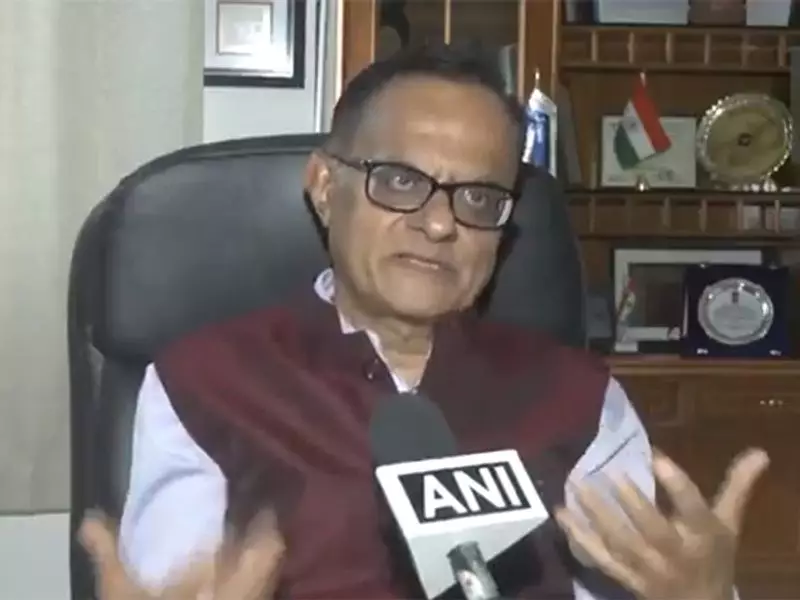
In a powerful address that outlines India's technological future, Prof. Ajay Kumar Sood, the Principal Scientific Adviser to the Government of India, has emphasized the urgent need for the nation to achieve technological sovereignty to ensure its strategic autonomy on the global stage.
The Core Mission: Self-Reliance in Critical Technologies
Speaking at the 'Fireside Chat' session organized by the PHD Chamber of Commerce and Industry, Prof. Sood highlighted that true strategic independence cannot be achieved without mastering core technologies. He identified several critical areas where India must build domestic capabilities:
- Semiconductor manufacturing and design
- Artificial Intelligence development and deployment
- Quantum computing advancements
- Telecommunications and network infrastructure
- Defense and space technologies
Why Technological Sovereignty Matters Now
The call for technological self-reliance comes at a pivotal moment in global geopolitics. Prof. Sood stressed that dependence on foreign technologies in critical sectors creates strategic vulnerabilities that could compromise national security and economic stability.
"We cannot build our future on technologies controlled by other nations," Prof. Sood stated, underscoring the importance of developing indigenous capabilities that align with India's strategic interests and developmental goals.
Building Blocks for Success
The roadmap to technological sovereignty involves multiple strategic initiatives:
- Strengthening R&D ecosystems through academic-industry partnerships
- Creating innovation-friendly policies that encourage domestic technology development
- Investing in deep-tech startups working on cutting-edge solutions
- Developing skilled workforce capable of driving technological innovation
- Establishing secure supply chains for critical technology components
The Global Context and India's Position
Prof. Sood's vision positions India to join the ranks of technologically sovereign nations capable of shaping their own destiny. This approach recognizes that in the 21st century, economic power and national security are intrinsically linked to technological capabilities.
The emphasis on technological sovereignty represents a strategic shift from mere technology adoption to technology creation, positioning India not just as a consumer but as an innovator and leader in the global technology landscape.






